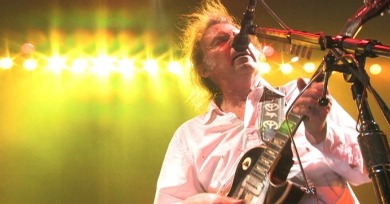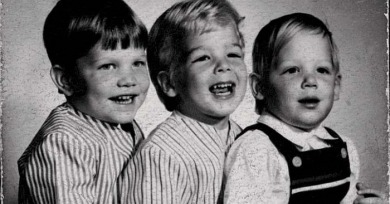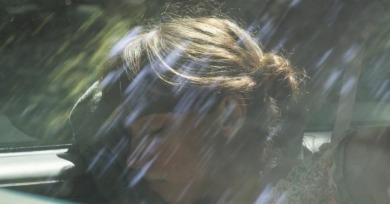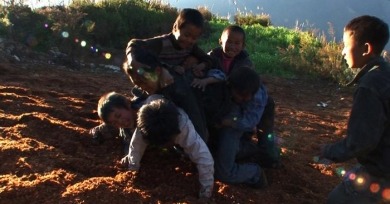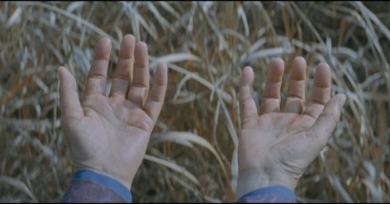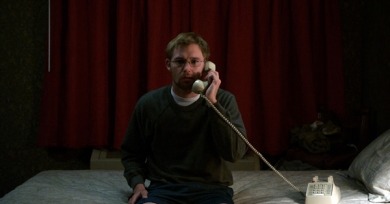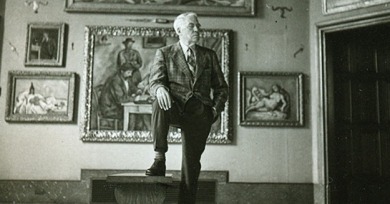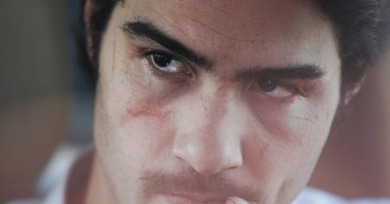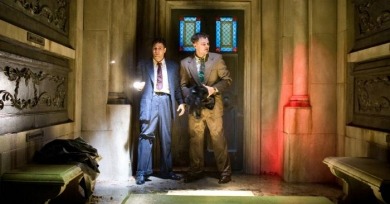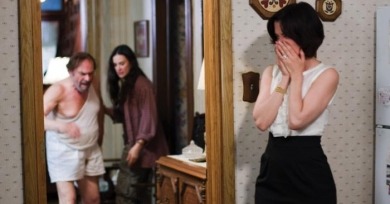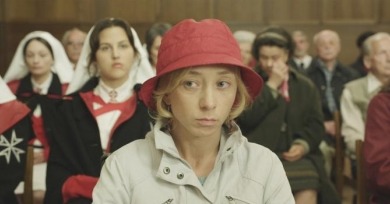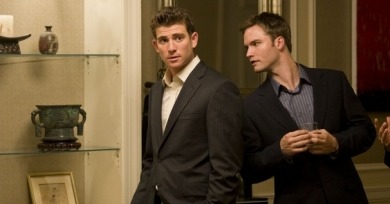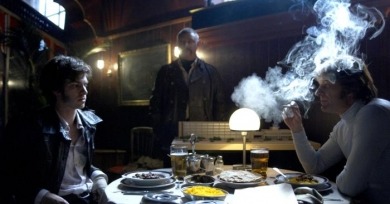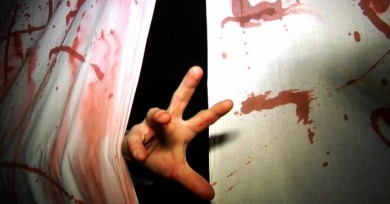Reviews
Sitting in the darkness of the theater, watching others experiencing the performance at some previous time, the concert-film viewer is always stuck on the outside, unsure whether to clap, stomp, or sing along or just watch reverently.
Besides its undeniably juicy story, perhaps what most distinguishes Prodigal Sons, and what makes its point of view so valuable, is that it’s imbued with the non-patronizing, searching voice of a transgender filmmaker.
What will future generations of film folk make of the countless American indies made in the latter half of the twenty-first century’s inaugural decade that follow inarticulate youths as they graze absent-mindedly through overgrown fields of urban anomie?
As Ghost Town drifts through its three loosely organized chapters, each populated by lonely and disaffected people just trying to scrape by, we gradually come to understand their skepticism.
In its achingly precise mise-en-scène, its deeply affecting elegiac tone, its finely calibrated performances, and, yes, its straight-up knee-slapping silliness, Mother represents the work of an astonishingly talented narrative filmmaker at the height of his abilities
Alvarez’s first step in wrenching Easier with Practice out of its aesthetic stranglehold is acknowledging the importance of the close-up.
Don Argott’s documentary chronicles the little-known rivalries, politics, and scandals that cloud the history of this monumental collection and its owner, battles that still rage today.
Rather than seeing Audiard as a successor to Bresson or Scorsese, it is more helpful to our understanding of A Prophet to position Audiard within France's post-war existentialist literary tradition, and more specifically alongside the work of Albert Camus.
It’s easily the most “genre” film of this late pack, both in conception and execution, and the one that remains most trapped within its circumscribed horror boundaries.
With the possible exception of the post-Tarantino crime thriller, has any genre been as good to American independent film over the past 20 years as the family dramedy?
Jessica Hausner’s Lourdes, a starkly designed inquiry into the nature of miracles, exists in a lineage of films that includes Alain Cavalier’s Thérèse, Jacques Rivette’s The Nun, Robert Bresson’s The Trial of Joan of Arc, and professed inspiration, Carl Dreyer’s Ordet.
Whatever suspense Julio DePietro’s The Good Guy seems to think it’s generating is predicated upon the supposedly surprising twist that its central Wall Street wannabe tycoon is not, in fact, a standup guy.
Each episode—1974, 1980, and 1983—casts its own particular pall over the twisted characters and inevitable tragedies, and each episode's director visualizes the story's sense of dismal and inescapable horror in his own way.
The people onscreen are uniformly engaging, but unlike so many other creators of these personal docs, Mosher and Palmieri wisely know that may not be enough
